Publications
Operationalizing the Water, Energy and Food Nexus Through the Law
by Nicola Harvey.
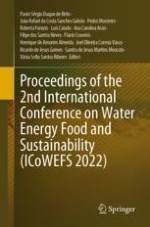 This paper was originally published in the book titled “Proceedings of the 2nd International Conference on Water Energy Food and Sustainability (ICoWEFS 2022)” edited by Paulo Sérgio Duque de Brito, João Rafael da Costa Sanches Galvão, Pedro Monteiro, Roberta Panizio, Luís Calado, Ana Carolina Assis, Filipe dos Santos Neves, Flávio Craveiro, Henrique de Amorim Almeida, Joel Oliveira Correia Vasco, Ricardo de Jesus Gomes, Sandra de Jesus Martins Mourato, Vânia Sofia Santos Ribeiro and published by Springer International Publishing.
This paper was originally published in the book titled “Proceedings of the 2nd International Conference on Water Energy Food and Sustainability (ICoWEFS 2022)” edited by Paulo Sérgio Duque de Brito, João Rafael da Costa Sanches Galvão, Pedro Monteiro, Roberta Panizio, Luís Calado, Ana Carolina Assis, Filipe dos Santos Neves, Flávio Craveiro, Henrique de Amorim Almeida, Joel Oliveira Correia Vasco, Ricardo de Jesus Gomes, Sandra de Jesus Martins Mourato, Vânia Sofia Santos Ribeiro and published by Springer International Publishing.
This book publishes some papers presented at The International Conference on Water Energy Food and Sustainability (ICoWEFS 2023), a major forum to foster innovation and exchange knowledge in the water-energy-food nexus. The topics covered embrace the Sustainable Development Goals (SDGs) of the United Nations, including Future trends in Water Security, Smart Technologies in Sustainable Energy Production Systems, Circular systems for rural and urban food and Integrated Ecosystems Management.
Abstract
The prevailing system of governance of the water, energy and food sectors is characterized by siloed law, policy and institutional structures, frustrat- ing the transition to a more sustainable approach to resource governance. The past decade saw the emergence of the Water, Energy and Food Nexus (‘WEF Nexus’), an approach promoting the coordinated management and governance across sectors and scales, thereby responding directly to the complex and inseparable interactions and interdependencies between water, energy and food systems. Achieving coordinated governance of WEF resources is a challenging undertaking, one that cannot be effectively operationalized if it not endorsed and implemented through law and policy. Yet, as this paper shows, the law and the legal discipline have, until now, been largely absent from consideration within the WEF Nexus literature. Without understanding what characteristics require reflection within the legal and policy framework to support its operationalization, the WEF Nexus shall remain but a theoretical ideal.
Through a structured literature review of 39 records, this paper identifies the necessary characteristics of a regulatory framework that supports the operationalization of the WEF Nexus. An approach to mapping existing water, energy and food regulatory systems is then designed such that the researcher may determine the extent to which an existing regulatory system reflects the nexus characteristics.
This paper thus argues that the WEF Nexus cannot mature as a concept without taking bold steps towards reaching an understanding of how the Nexus can be applied in practice, which in turn requires the consideration of existing regulatory frameworks. By identifying common characteristics of a nexused gover- nance framework as discerned from existing literature, this research takes a first step towards developing a shared understanding of how the WEF Nexus can be operationalized through the law.


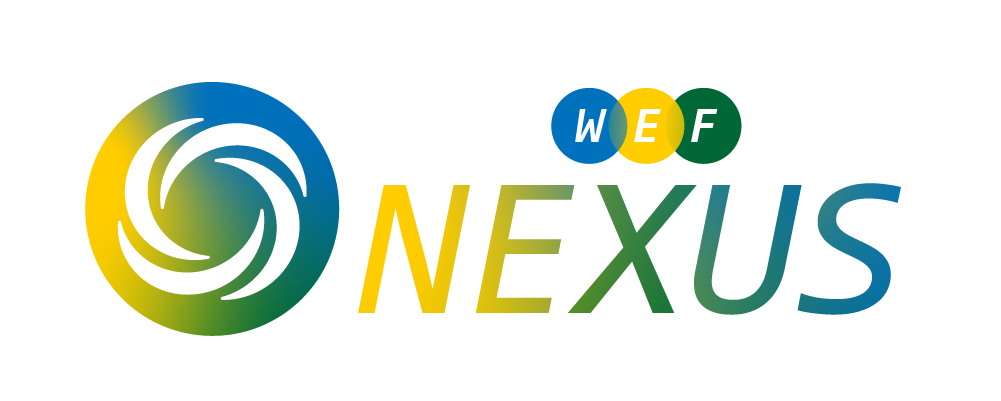
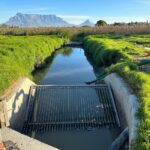
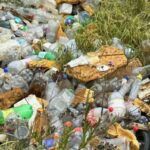
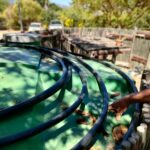
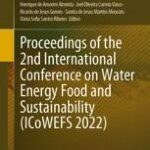
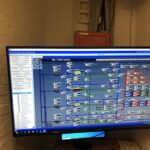


 © 2023 All rights reserved.
© 2023 All rights reserved.

